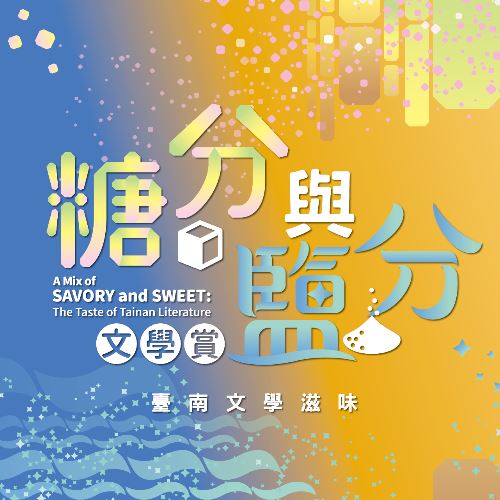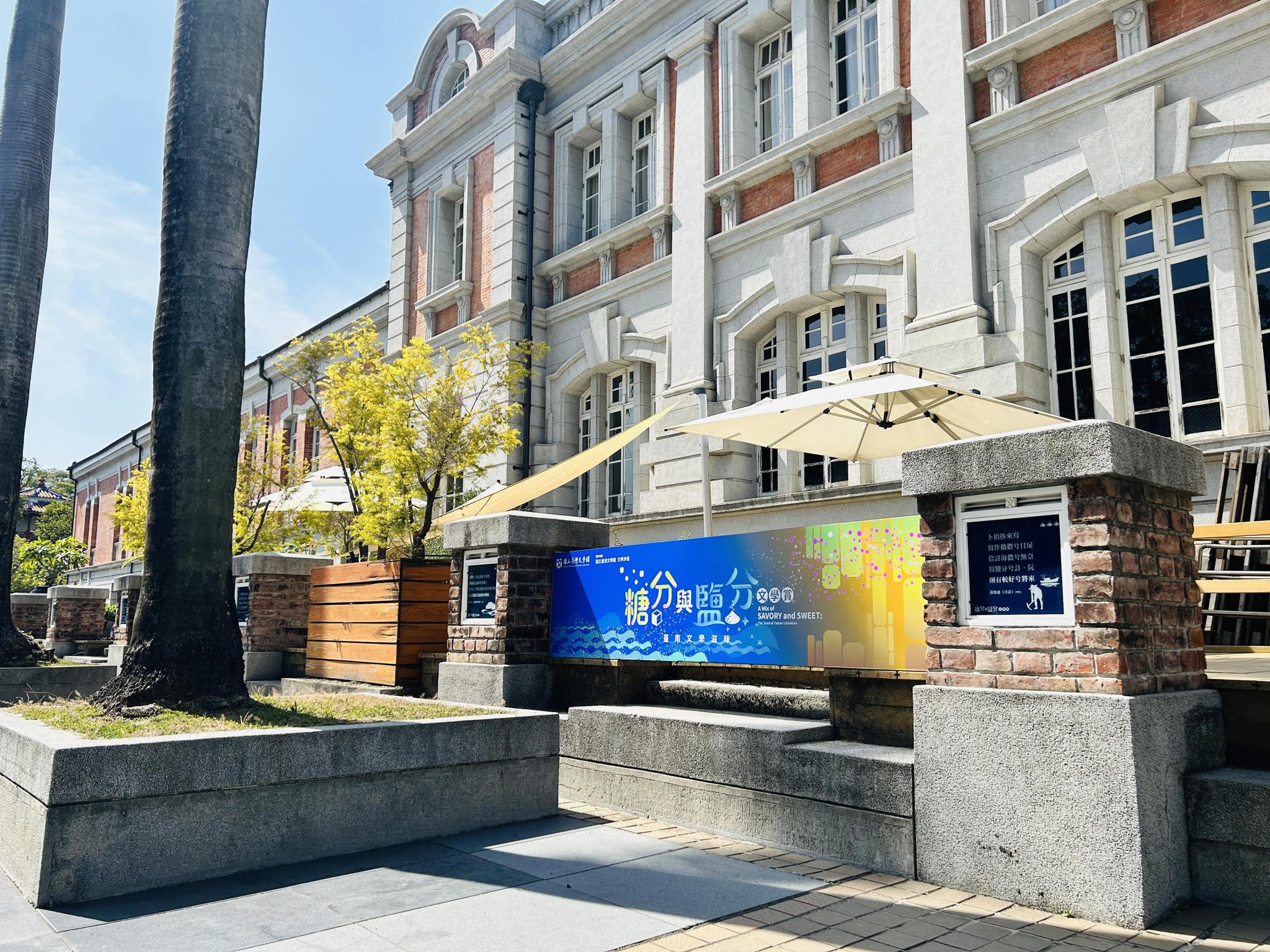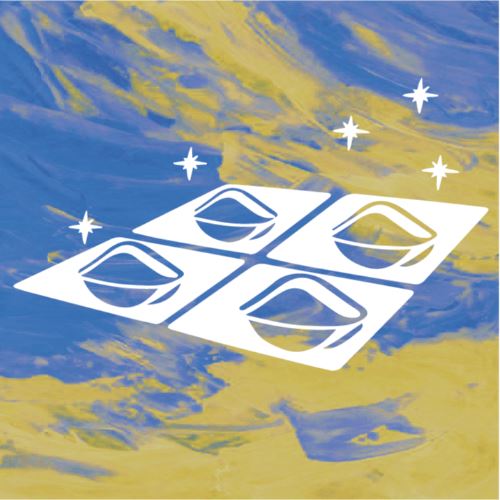๑ Wang Teng-shan ๑ Kuo Shui-tan ๑ Yang Tzu-chiao ๑ Gong Yun ๑ Khóo Tsìng-hun ๑
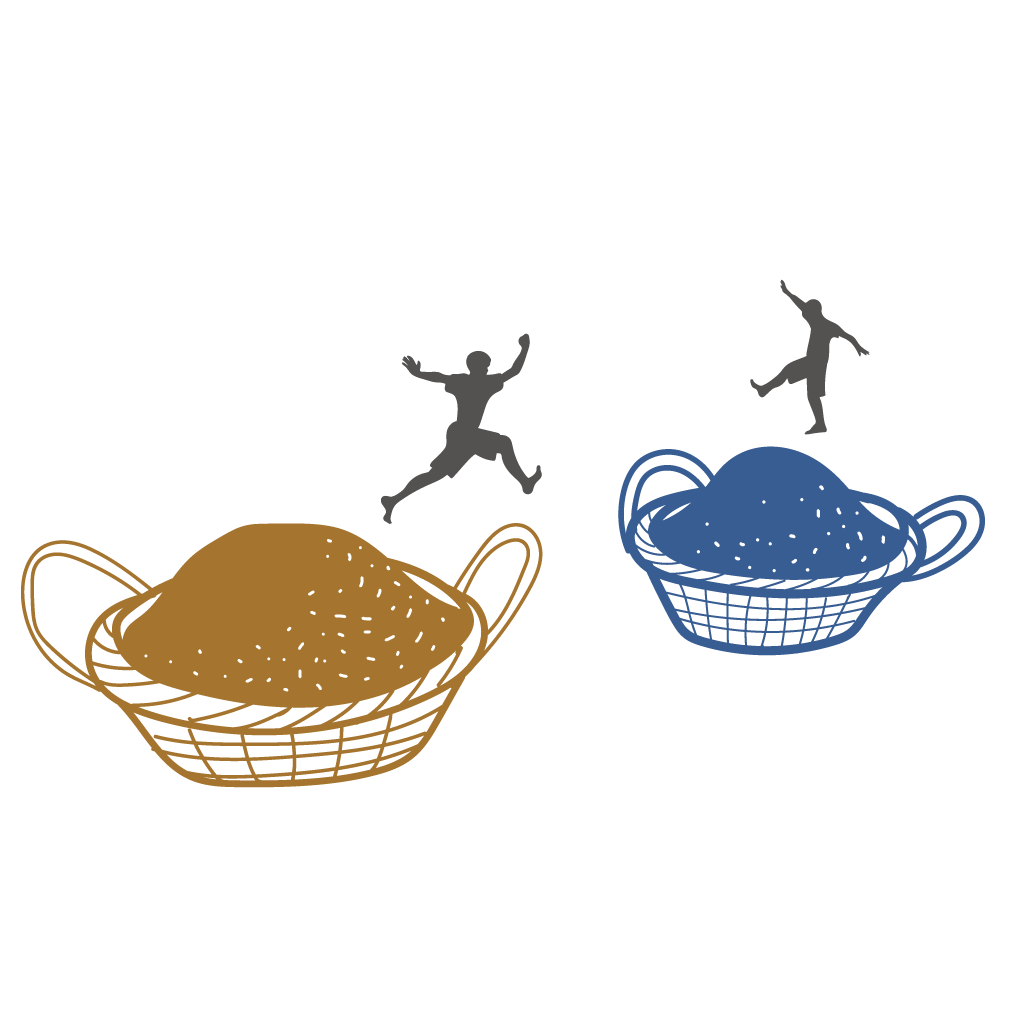


I am a salt merchant … a salt merchant's son;
expert in making salt above all else.
Salt making is a very happy trade;
I'm a salt merchant, a maker of salt.
Excerpted from "A Salt Merchant's Son"
Author: Wang Teng-shan
Translator (Japanese to Chinese): Yeh Ti The Collected Works of Yeh Ti, Vol. 10, Translated Works, Vol. 3
Publisher: National Museum of Taiwan Literature (2007)
________________________________________________________________________
| About the Author: |
Wang Teng-shan, a native of Beimen, Tainan, was known as one of the "Seven Sons of Beimen" alongside Wu Hsin-jung, Kuo Shui-tan, and Lin Fang-nian. He helped organize the "Jiali Qingfeng Society" and the "Taiwan Literature and Art Association Jiali Branch". In 1935, he joined the "New Taiwanese Literature" magazine founded by Yang Kuei, serving as a modern poetry editorial member. Before the war, he published poems and short essays in "Nanming Yiyuan," "Taiwan New People Newspaper," and "New Taiwanese Literature.” After the war, he left a manuscript titled "A Confession Without Deceit".
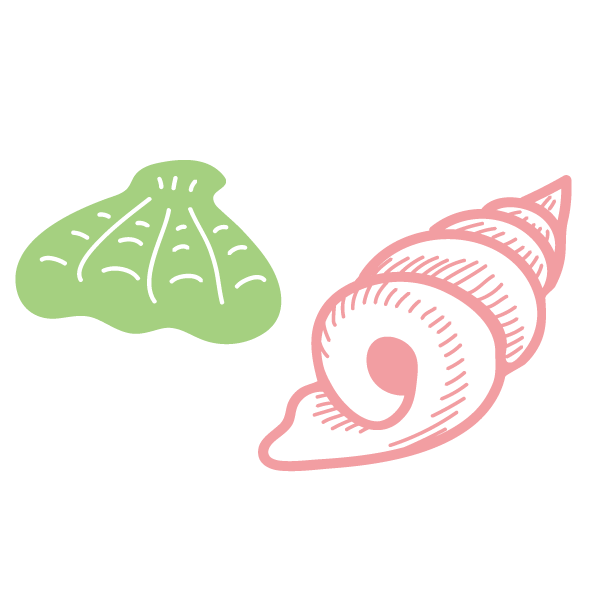


Over there … is dusted with salt.
Dry as a bone … that land is.
Devoid of forests … devoid of bamboo groves.
But, on the seacoast there,
beautiful shells are scattered about.
Over there … lies a harbor filled with history,
lined with the sails of crimson junks.
Over there … those harbor streets
are rutted by the passage of countless busy feet.
Excerpted from "The Vast Sea: For My Sister Soon to be Wed" The Works of Kuo Shui-tan
Author: Kuo Shui-tan
Translator (Japanese to Chinese): Chen Chien-wu
Publisher: Tainan County Cultural Center (1994)
________________________________________________________________________
| About the Author: |
Kuo Shui-tan's creative works include Tanka, Haiku, novels, diaries, essays, critiques, and new poetry. In his early years, he studied Japanese classical literature and Tanka, later becoming famous for his modern poetry and being one of the important poets of the Saline Land. His poem "Wailing at the Coffin" poignantly presents a father's grief at the loss of his son and was acclaimed by Lung Ying-tsung as "the most moving masterpiece of 1939." Some of his poems contain class criticism, satirizing the class oppression system and echoing the voice of the suffering masses. His novels were also very famous, with "A Certain Man's Diary" being a journal-style autobiography, depicting a man's life over five years away from home, reflecting the social landscape of the time and conveying the essence of life as a play.



In both wind and rain, crystal hills raised by sweat and blood, and snow-blood skin laid bare on these salt fields. Palmfuls of sweat, I know not where they have gone. I know only of days given to the winds and the sun. Let the future surpass the tides and the percussive raucous and end in the realm of Nirvana.
Excerpted from "The Landscape of Salt Fields" Harvest
Author: Yang Tzu-chiao
Publisher: Hung Meng Literary Publishing House (1985)
________________________________________________________________________
| About the Author: |
Yang Tzu-chiao's creative works mainly include poetry, as well as discourse and prose. His early poetry was rich in dense imagery and meticulous language. Later, he began to focus on the depth of poetry, with his technique noticeably evolving beyond his previous style, and his thoughts becoming more mature. His essays mainly revolve around nostalgia and travel melancholy, expressing helplessness and disappointment in the face of life's burdens. Additionally, his book "Penglai Writings Taiwan Poems" included reviews of works by Taiwanese literary writers and poets before the retrocession, documenting and organizing the development of Taiwanese modern poetry prior to the retrocession.


We've worked these fields for generations. 
We're inured to the salt-tinged air;
seen countless days of wind and rain;
weathered the twists and turns of feckless policy;
and watched dynasties come and go.
We quiescently let the sun sap the sweat from our bodies
and give thanks to the salt industry for the veneer of respect
that allows us to raise our sons and daughters.
Excerpted from "Old Salt Worker" Songs of the Zengwen River
Author: Gong Yun
Publisher: Hua Hsia Publications (2010)
________________________________________________________________________
| About the Author: |
Gong Yun's real name is Jiang Xiu-feng. She won the first prize in Taiwanese modern poetry from "Tâi-bûn Thong-sìn." In the Hakka language creative field, she received a grant for excellent publications from the Hakka Affairs Council of Executive Yuan in 2010, publishing the Hakka poetry collection Songs of the Zengwen River, and the Hakka prose collection "The Stairs of Life" in 2011.


Salt under the sun glistens,
while we under the sun cannot help but sweat.
Drip … drip …
drip without end
until even the salt carries its unmistakable tang.
Excerpted from "Drying Sea Salt" The Winds of Lu'ermen
Author: Khóo Tsìng-hun
Publisher: Tainan Hokkien (Taiwanese) Language Promotion Association (2002)
________________________________________________________________________
| About the Author: |
Khóo Tsìng-hun's creative works include discourse, poetry, and prose. His discourse is vigorous, utilizing colloquialisms and allusions to strengthen his arguments and express his perspectives. In Taiwanese poetry, he has a wealth of creative achievements, using the rich musicality of Taiwanese and the imagery of its words to complement each other, emotionally expressing his nostalgia for history and his hometown. His prose is known for its beautiful and straightforward style, covering topics such as intellectual journeys, life anecdotes, memories of hometown, and family relationships, often conveying life's truths through light-hearted humor and promoting positive thinking.

